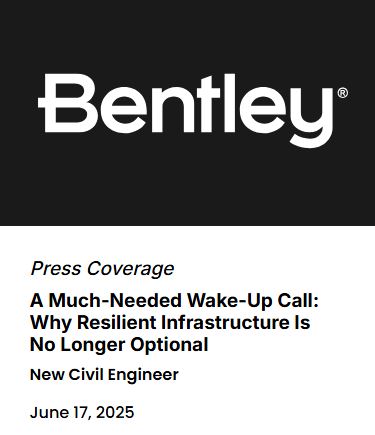Disruption to national infrastructure is generally expected from time to time, but the last few months have seen a notable increase in the scale and frequency of high-profile incidents, all due to power failures. A fire at one of the substations supplying power to Heathrow Airport brought the entire operation to a halt. Blackouts swept across Spain, Portugal and parts of France. And more recently sections of the London Underground were brought to a standstill. These disruptions shouldn’t be treated as “one-off” events, but warnings against how vulnerable our infrastructure really is to single points of failure.
Each incident offers an example of national infrastructure overlooking key risks during the planning phase. To avoid widespread disruption like we’ve seen, a “measure twice, cut once” approach is needed to ensure infrastructure can serve its intended purpose and provide long-term value. With infrastructure projects vital to advancing the UK economy, ensuring resilience is integrated from the outset has never been more important.
Learning from past events
The Heathrow fire was the first of these events to make the headlines. Airport authorities cancelled all flights for a day and 200,000 passengers were left stranded. Then came a major blackout across parts of Europe, where the cause of the incident remains unknown after weeks of investigation. Separately, following the London Underground substation fire, watchdog London TravelWatch (LTW) accused Transport for London (TfL) of providing a “disappointing” lack of information during its power outage.
But what all these incidents have in common is that they act as clear examples of the need for accurate information on existing assets and the complexity of managing infrastructure resilience in the modern day.

